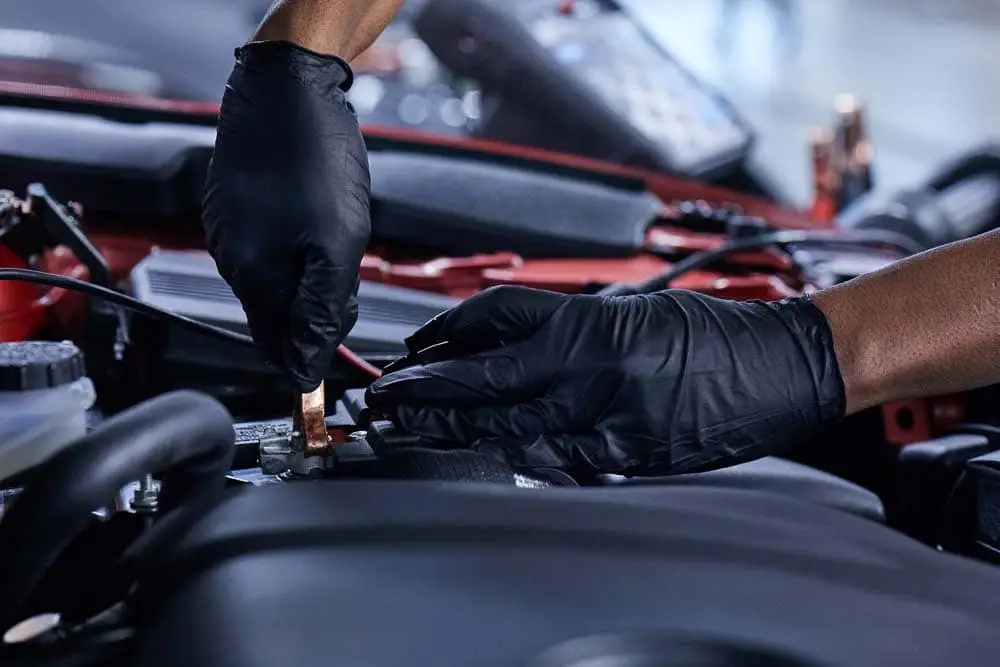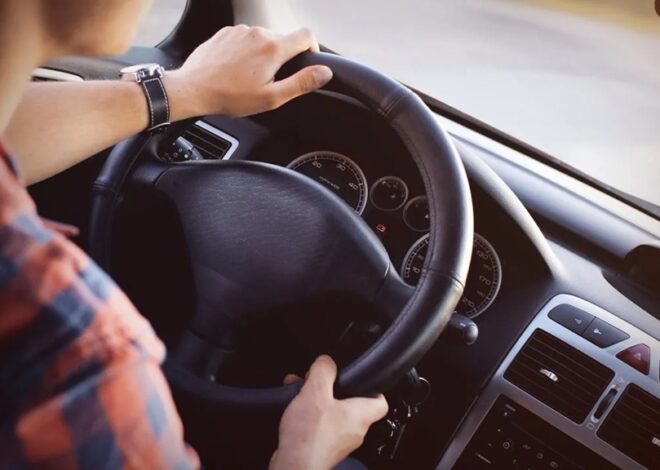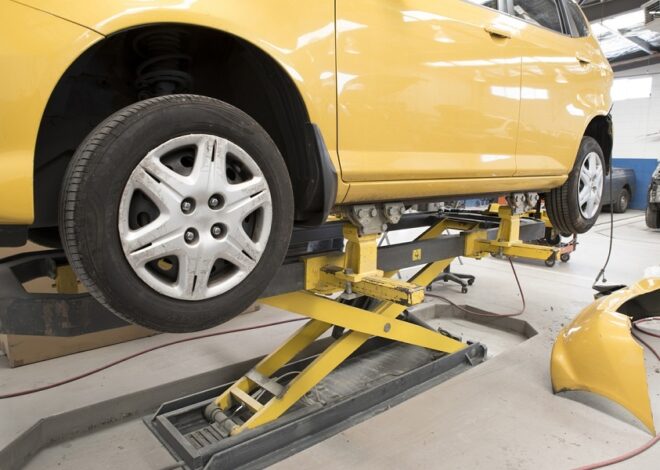
6 Jeep Repairs You Should Never Postpone
Owning a Jeep is an exciting and rewarding experience, especially for those who love off-roading and adventure. However, like any vehicle, a Jeep requires regular maintenance and repairs to ensure it remains in top condition. While some repairs can be postponed or planned for a later date, there are certain issues that should never be delayed. Postponing critical repairs can lead to more extensive damage, higher repair costs, and even dangerous situations while driving. Here are six Jeep repairs you should never postpone to keep your vehicle running smoothly and safely.
1. Brake System Repairs
Your Jeep’s braking system is one of the most crucial safety features of the vehicle. If you notice any signs of brake issues—such as squealing, grinding noises, or a soft brake pedal—don’t wait. Worn brake pads, damaged rotors, or brake fluid leaks can compromise the effectiveness of your braking system and increase the risk of an accident. Ignoring these problems could result in total brake failure, especially when navigating rough terrain.
It’s important to have your Jeep’s braking system inspected regularly and repaired immediately if issues are detected. Whether you need new brake pads, resurfacing of the rotors, or a full brake system replacement, timely repairs will ensure your Jeep stops safely when you need it the most.
2. Suspension System Issues
The suspension system is responsible for ensuring a smooth ride and maintaining stability on uneven terrain. Jeep owners, especially those who off-road, should be particularly vigilant about suspension problems. If you notice that your Jeep is bouncing excessively, swaying, or making unusual noises when driving over bumps, it may be time to inspect the suspension components.
Delaying suspension repairs can lead to a rougher ride, poor handling, and even more severe damage to other components such as tires or the drivetrain. Whether it’s worn shock absorbers, damaged springs, or leaking struts, suspension repairs should be addressed promptly to maintain the safety and comfort of your Jeep, especially on challenging trails.
3. Transmission Problems
Transmission issues can be some of the most expensive repairs you’ll face as a Jeep owner. If your Jeep is experiencing slipping gears, rough shifting, or strange noises when shifting into gear, these are all signs that your transmission needs attention. While it might be tempting to postpone repairs to save money, putting off transmission issues can lead to complete transmission failure, resulting in a far more costly repair.
Transmission problems can also affect your Jeep’s performance off-road, especially when you need the vehicle to shift smoothly through various gears during challenging trail conditions. If you’re noticing any issues, it’s crucial to seek out jeep repair in Castle Rock as soon as possible to prevent the issue from worsening.
4. Engine Overheating
Engine overheating is a serious problem that can lead to catastrophic engine failure if left unchecked. If your Jeep’s engine temperature rises higher than normal, or if the warning light for the engine temperature comes on, it’s essential to address the issue immediately. Common causes of engine overheating include a faulty radiator, a broken thermostat, low coolant levels, or a damaged water pump.
Ignoring engine overheating can lead to severe damage to internal engine components, such as the cylinder head or pistons. Timely repairs will prevent costly engine rebuilds and ensure your Jeep continues to run efficiently, even in extreme conditions. Always check your engine’s cooling system before embarking on long drives or off-road adventures.
5. Steering System Problems
If your Jeep is pulling to one side, the steering wheel feels off-center, or you’re noticing difficulty when turning the wheel, it’s a sign that there’s a problem with your steering system. Whether it’s a leak in the power steering fluid, worn-out steering components, or a misaligned steering rack, delaying steering repairs can make driving dangerous.
A malfunctioning steering system can lead to poor handling, making it difficult to navigate both on-road and off-road. In the worst-case scenario, a complete failure of the steering system could result in a loss of control. Never ignore steering issues—getting these problems repaired promptly is crucial for your safety on all types of terrain.
6. Electrical System Faults
Modern Jeeps are equipped with a complex electrical system that powers everything from your lights and air conditioning to the ignition and fuel system. If you experience issues like dimming headlights, malfunctioning power windows, or problems starting the vehicle, there may be an underlying issue with the electrical system. Electrical problems can be caused by faulty wiring, damaged alternators, or a weak battery.
Although some electrical issues may seem minor, ignoring them can lead to bigger problems, such as a complete electrical failure that leaves you stranded on the side of the road. A malfunctioning alternator can also cause your battery to drain, leading to a breakdown at the most inconvenient time. Get electrical problems diagnosed and repaired as soon as possible to keep your Jeep running smoothly.
Maintaining a Jeep, especially if you use it for off-roading, is essential to keep it in top condition. While some repairs can wait, the issues mentioned above are critical to the vehicle’s performance, safety, and longevity. Delaying repairs for any of these issues can result in more significant problems down the road, making timely attention essential.
If you’re noticing any of the signs mentioned above, don’t hesitate to seek professional help. Whether it’s brake system repairs, suspension issues, or transmission problems, addressing them promptly will not only save you money in the long run but also ensure your Jeep stays in excellent condition for all your adventures. Remember, when it comes to Jeep repairs, quick action can make all the difference.



